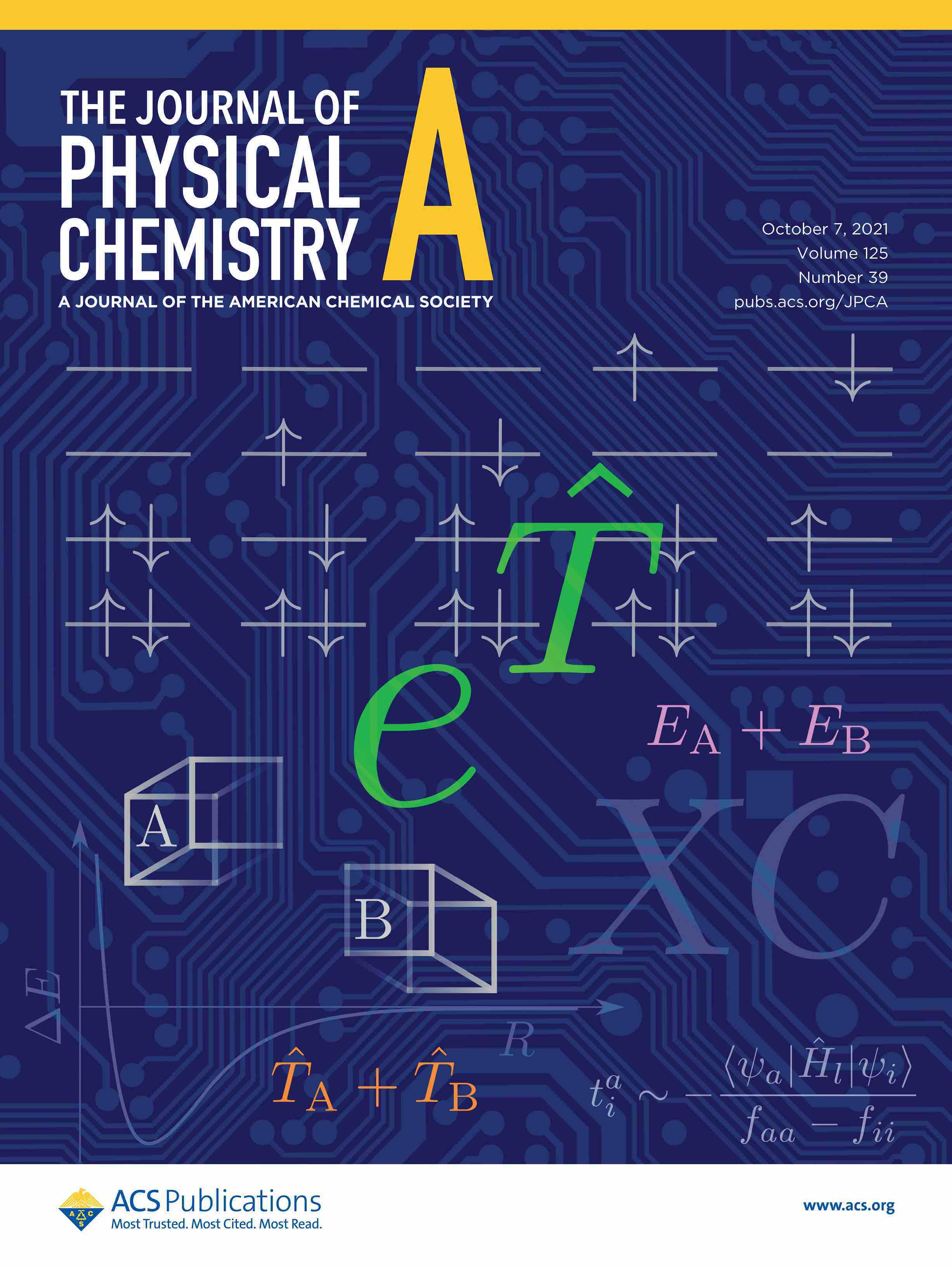We recently showed that the exponential Ansatz applied to DFT calculations eliminates fractional charges in spin-unrestricted calculations. It also offers ways to study, within single-particle formalisms, states where multiple electrons are excited (not just a single electron as in standard linear response methods). Looking forward to a more extended implementation of the method. This work is also compatible with the addition of two-body interactions. More info (Journal of Physical Chemistry A link): bit.ly/3oGgYq1
